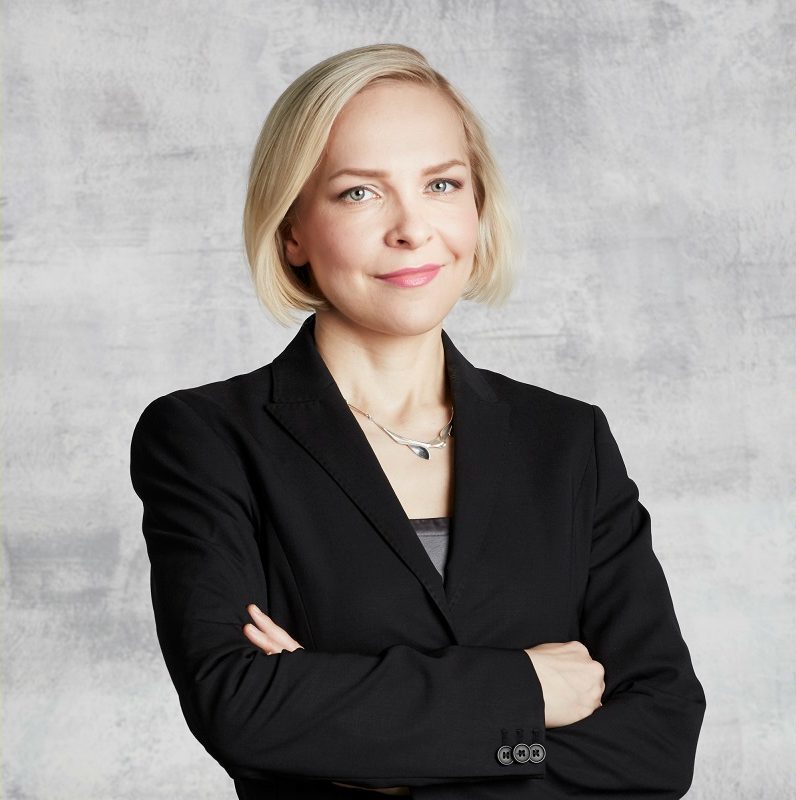
“Scale up your business to make a global impact!”
Interview with Suvi Haimi, CEO, Sulapac
The startup that is going to win the 2018 Green Alley Award will have to convince the seven members of the jury first. Not a simple task. But who are these judges, anyway? They are not like gods in black robes but outstanding personalities with great skills, eager to learn and support innovative circular economy ideas – just like Suvi Haimi, CEO of last year’s winner Sulapac. Read here the first of a series of interviews with our jury members and find out about their professional background, the greatest circular economy challenge and their tip for a successful pitch.
# Suvi, you are a jury member for the first time this year. What is your professional background and how will it help you judge the six finalists of the Green Alley Award 2018?
I have a PhD in Medical Biomaterials and more than 10 years experience in leadership positions. I am the co-founder of Sulapac, a Finnish company which has innovated a wood based material that has all the benefits of plastic, yet it biodegrades completely without the challenges brought by microplastic. At the Green Alley Award finals, my background will help to find new talents having a strong mission to save the planet.
# In your opinion, which are the key challenges for a circular economy in Europe?
From my point of view, a great challenge will be the matter of microplastics. It is great that consumers demand more and more ecological solutions even though it is very difficult for them to understand what a truly sustainable choice is. For example, most bio-based bioplastics are not biodegradable. They do not reduce the plastic waste in the nature because when they finally degrade after hundreds of years they leave microplastics behind. I think we should define materials in a different way, for example dividing them into two groups; microplastic free and microplastic releasing materials. This makes it easy for consumers to choose. This division also allows clearer definition for the recycling streams of these material groups and doesn’t forget the carbon foot print of the final product. We hope that authorities, especially in the EU, put an emphasis on clarifying for consumers what kind of choice is truly sustainable!
# Having pitched in front of last year’s jury yourself – what are your tips on how to deliver the perfect pitch at the Green Alley Award finals in Berlin?
My tip for the Green Ally Award finalists is to crystallize and simplify your value proposition so that everybody understands it! It is also very important to explain precisely what steps are needed to scale up your business to make a global impact.
Find the interviews with the other Jury members of the Green Alley Award 2018 here: